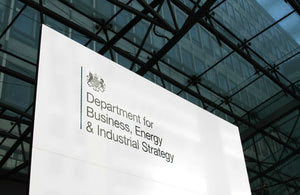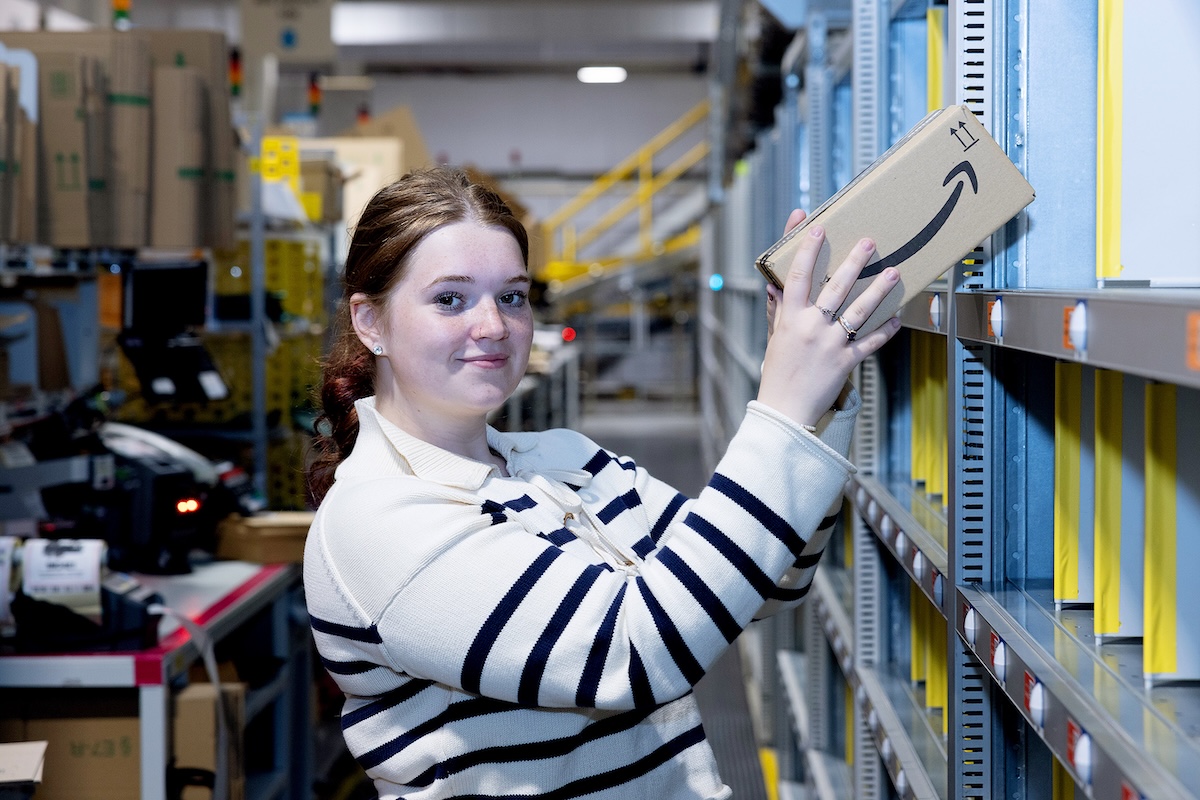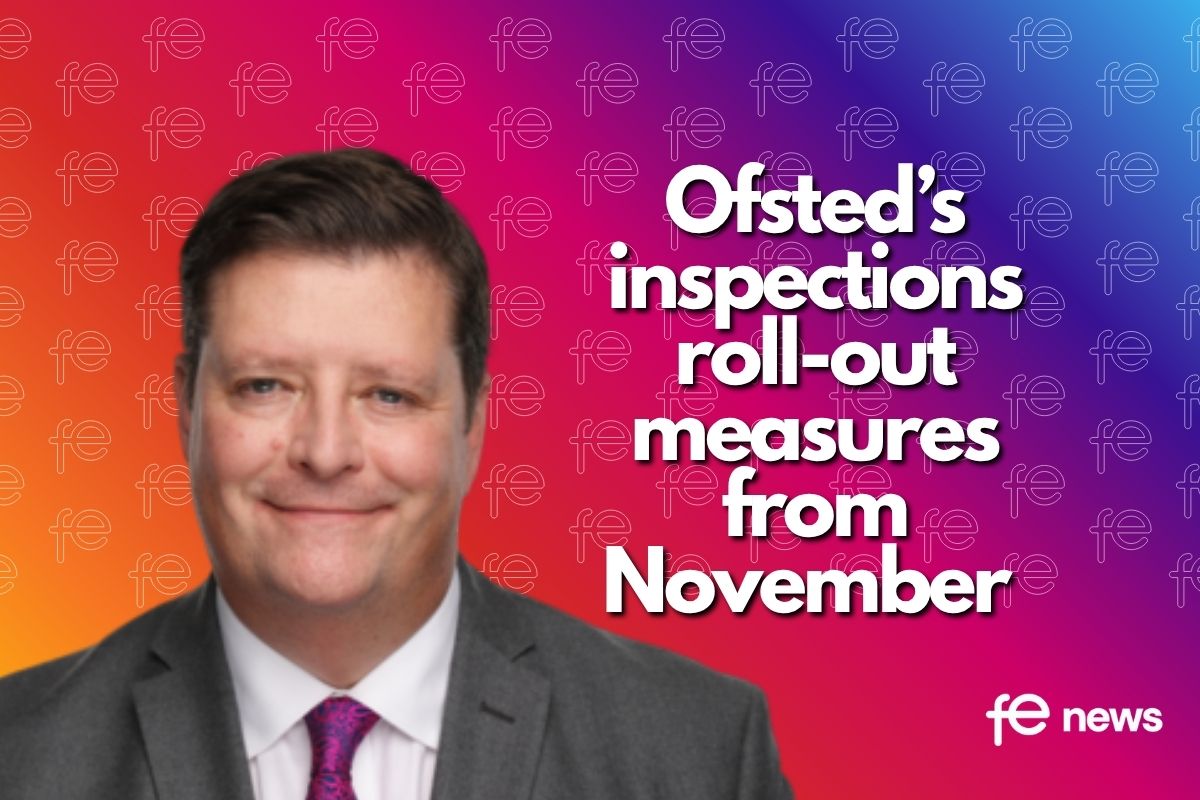Hull University leads energy charge across public sector

New ambitious targets to reduce greenhouse gas emissions across government.
At a speech celebrating the Northern Powerhouse in Newcastle today (Thursday 5 July), the Business and Energy Secretary Greg Clark announced a range of measures to place the UK at the forefront of the global shift towards clean growth as part of our Industrial Strategy.
Hull University, who will develop a high efficiency, low carbon heating system for public buildings in Yorkshire, is one of the successful applicants from the 2 £10 million innovation competitions, aa well as Free Running Buildings in Leeds who are pioneering low energy ventilation technology.
BEIS are also publishing guidance for wider public and higher education sectors to report against a voluntary target of more than 30% reduction in emissions by 2020 to 2021: Emissions Reduction Pledge 2020: emissions reporting in public and higher education sectors
Following a speech by the Prime Minister last month, Greg Clark outlined how the government will deliver the Clean Growth Grand Challenge’s first ‘mission’ to halve the energy use of new buildings by 2030, saving families money.
Building on the momentum of ambitious energy efficiency measures within the public sector, the Secretary of State announced that central government will work towards a more stretching target with a reduction of 43% greenhouse gas emissions by 2019 to 2020 compared to 2009 to 2010 levels, potentially delivering £340 million in savings.
Business and Energy Secretary Greg Clark said:
Our new, ambitious target for reducing emission across our central estate shows how this government is continuing to lead the world and rise to the challenge of tackling climate change. We have made significant progress so far, meeting our previous target 3 years early and saving just over £100 million last financial year as a result.
The potential savings from this can make a big difference across the wider public sector, with the NHS saving £2 billion over the last decade; money that can be put straight back into frontline services where it’s needed most.
Industry energy efficiency
We need to revolutionise the way we heat our homes and businesses, to support this, the Business Secretary announced that government will be launching the £18 million Industrial Heat Recovery Support programme with applications invited in the autumn. This is intended to encourage industry to invest in heat recovery technologies, harnessing the power of heat which would otherwise go to waste to help improve the efficiency of industry and reduce costs.
Speaking today, Greg Clark said:
Of the more than $11 trillion investment expected in global power in the next three decades, 86% – is expected to be in low carbon. And by 2040, electric vehicles could make up over half of global car sales, compared to 1% today.
We will be working with businesses to highlight these opportunities during the first ever annual Green GB Week starting on the 15 October.
The Business Secretary also launched the Construction Sector Deal will bring together the construction, manufacturing, energy and digital sectors to deliver innovative approaches that improve productivity in construction and accelerate a shift to building safer, healthier and more affordable places to live and learn that use less energy.
The Greening Government Commitments require central government departments to adopt sustainable practices, including greenhouse gas emissions.
We have announced a new target to reduce emissions by 43% by 2020, compared with 2009 to 2010 levels. This has the potential to deliver savings of £340 million in 2020 compared to a 2009 to 2010 baseline.
The previous target for government, as a whole, was to reduce emissions by 32% by 2019 to 2020, compared with 2009 to 2010 levels. This was exceeded 3 years early with a 33% reduction by the end of 2016 to 2017, resulting in a saving of £104 million in 2016 to 2017 compared to the 2009 to 2010 baseline.
The Industrial Heat Recovery Programme will open for applications in Autumn 2018.











Responses